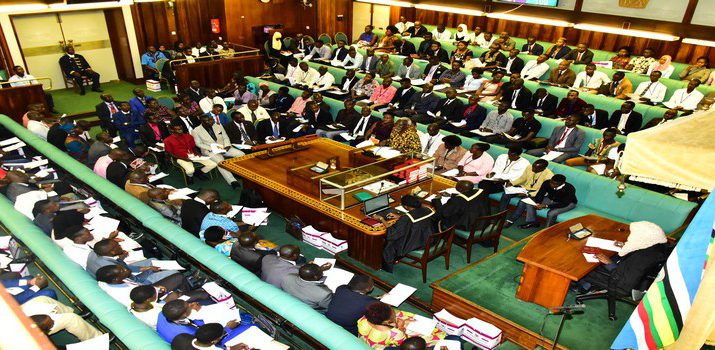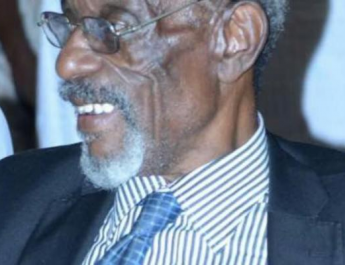By Vision Reporter.
The cities that are set to be created, according to the draft resolution, will come into effect in a phased manner starting July 1 next year.
Parliament is this week set to debate the creation of 15 new
cities as part of alteration of boundaries under Article 179(1) of the
Constitution.
The item for a resolution of Parliament to
create new cities was on the Order Paper last Thursday but never got to
be considered by the House.
The resolution, which is expected to
garner support across the political aisle, will see the creation of a
number of new seats in the 11th Parliament.
The cities that are
set to be created, according to the draft resolution, will come into
effect in a phased manner starting July 1 next year.
The 10 cities are Arua, Gulu, Jinja, Mbarara, Fort Portal, Mbale, Masaka, Hoima, Entebbe and Lira.
Others are Moroto, Nakasongola, Soroti, Kabale and Wakiso.
The cities to take effect on July 1, next year include Arua, Gulu, Jinja, Mbarara, Fort Portal, Mbale and Mbarara.
Hoima city will take effect on July 1, 2021, while Entebbe and Lira cities will become operational a year later.
According
to the draft resolution that is set to be moved by local government
minister Tom Butiime, the cities of Moroto, Nakasongola, Soroti, Kabale
and Wakiso will become operational on July 1, 2023.
The
development comes at a time when Government has put a cap on the
creation of new administrative units over spiraling administrative costs
in the face of a limited resource envelope.
In September,
finance minister Matia Kasaija revealed that going forward; any new
administrative unit created will have to be accompanied by a certificate
of financial
implication to prove that Government has resources to bankroll it.
Kasaija
said there is delayed payment of salaries, pension, and gratuity and
service providers in various administrative units as a result of
competing financial demands.
But despite the concerns about the
cost of administration, proponents for the new cities have cited the
economic trickledown effect these units will bring to the local people.
With
some cities set to come into effect before the next election cycle in
2021, the Government, according Mathias Mpuuga (Masaka Municipality MP),
might be forced into compensating councillors and other elected leaders
who might lose their offices.
“It is just fair that any elected
leader who loses his office as a result of these demarcations is
compensated,” Mpuuga told New Vision in a telephone interview.
However, efforts to get a comment from Butiime or Jennifer Namuyangu, the state minister for local government, proved futile.
With
the first batch of cities set to take effect less than six months to
the next elections, there will be no polls for elective offices before
2021.



